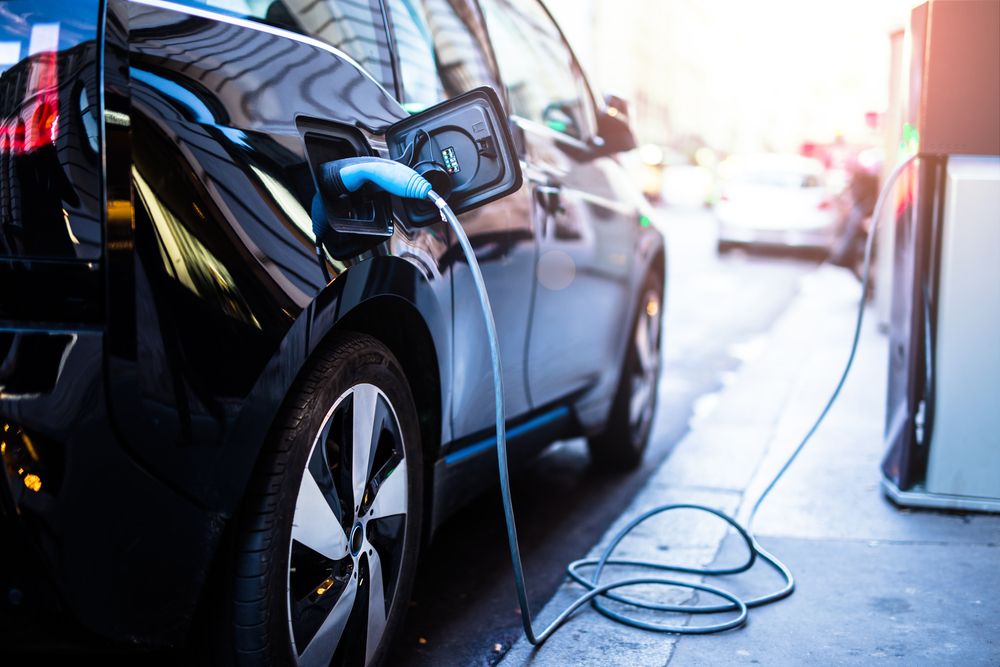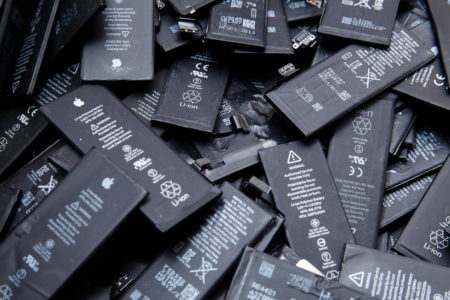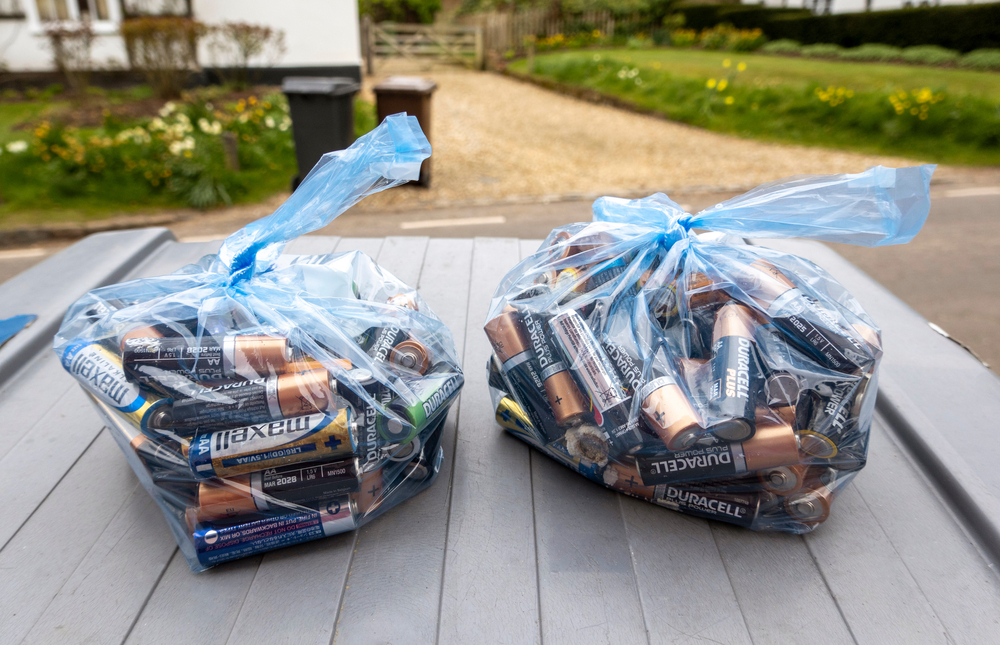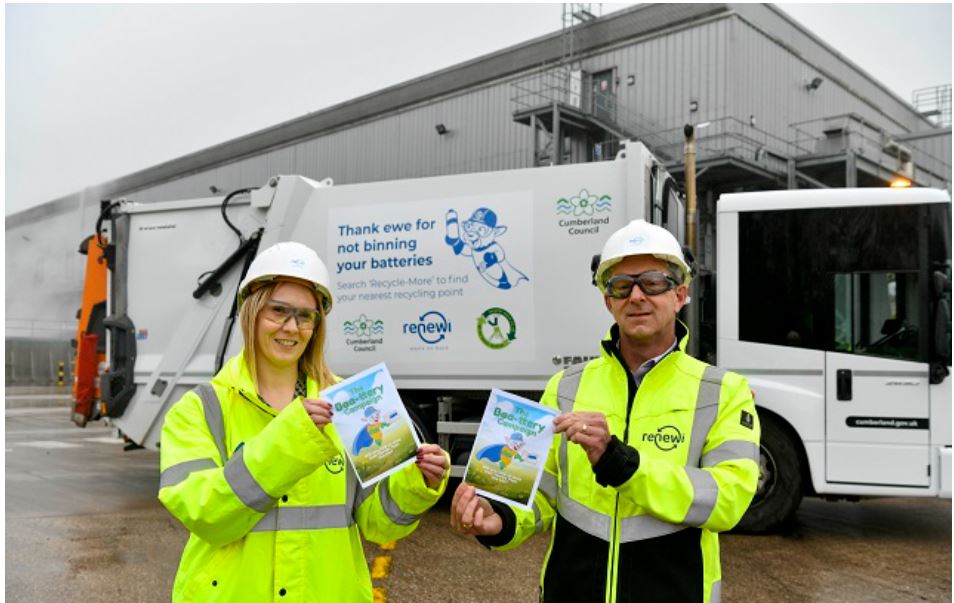Mr Hallett spoke at a webinar on 4 May on environmental compliance for battery recycling, co-delivered by Innovate UK KTN and the Faraday Battery Challenge.
He said Defra would issue its much-anticipated consultation on revising the UK’s battery regulations “towards the back end of this year”.
The consultation will focus on three areas, Mr Hallett said: issues around portable batteries, significant changes in industrial and automotive batteries, and EU batteries regulation.
Noting there were some “particular issues” with the levels of lead acid batteries contributing towards meeting the collection target for portable batteries, Mr Hallett said the consultation would contain short- and medium-term measures to push for a “more representative mix”.
He added: “In the longer term, I think one of the measures that is likely is the kerbside collection of portable batteries.
“There is a parallel consultation on waste electrical equipment due to be issued this summer and one of the proposals of that will be the kerbside collection of small mixed WEEE. We would see batteries as very much complementary to that.”
Europe
Mr Hallett also said the consultation would address EU batteries regulation, which will apply in Northern Ireland under the NI Protocol.
We currently have a completely integrated approach to batteries across the whole of the UK
– Paul Hallett, Defra
He said: “That means that when the EU regulation comes into force it will have direct effect in Northern Ireland.
“We currently have a completely integrated approach to batteries across the whole of the UK, so there are implications there both in terms of the EU regulation having effect in Northern Ireland and the extent to which the rest of the UK will choose to adopt similar requirements.”
The EU’s battery regulations contain more granular categorisation and specify minimum recycled content in new batteries and minimum performance and durability criteria, among other things, Mr Hallett said.
Industrial and automotive
And, Mr Hallett said the consultation would look at significant changes in industrial and automotive batteries.

Proposals include separating electric vehicle (EV) batteries from industrial batteries in their own category, he said.
He also said the consultation would consider individual producer responsibility obligations for EV batteries and investigate a “collective producer responsibility approach” for industrial and automotive batteries.
The consultation will also look to revise treatment standards and introduce separate material recycling requirements, Mr Hallett said, alongside recognising battery reuse and repurposing.
Lithium-ion
Another to speak at the event was Sam Haig, battery recycling business manager at Sheffield-based metals recycling company RS Bruce, who provided an overview of the UK’s battery recycling landscape.

Mr Haig said there were around 30 different facilities in the UK which collected batteries, but only six who treated them, while RS Bruce was the only company which recycled lithium-ion batteries.
He claimed RS Bruce had established “the UK’s first facility” for lithium-ion battery recycling, which can process up to 1,000 tonnes of batteries each year.
“There are plenty of people who are talking about doing it, but there is only one facility which is actually established in the UK at the moment,” he said.
Mr Haig suggested there could be 500,000 EVs, which use lithium-ion batteries, reaching end of life by 2030 in the UK alone. He added: “We’ve got some way to go to hit that demand.”











Subscribe for free